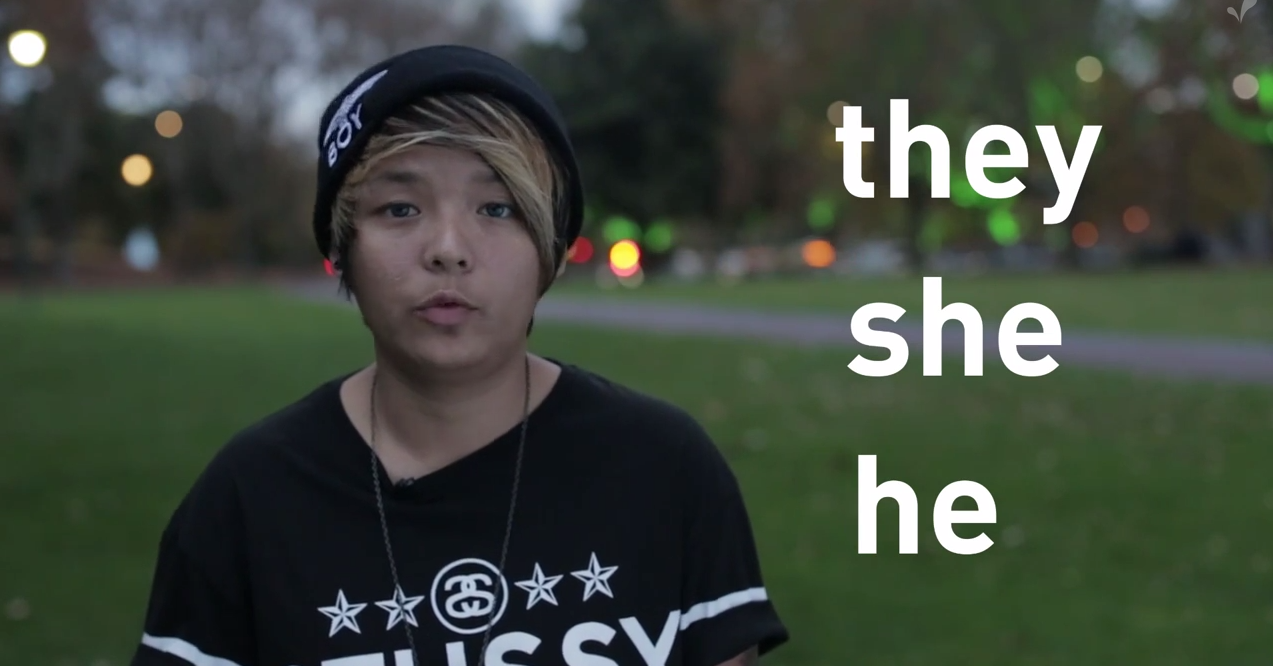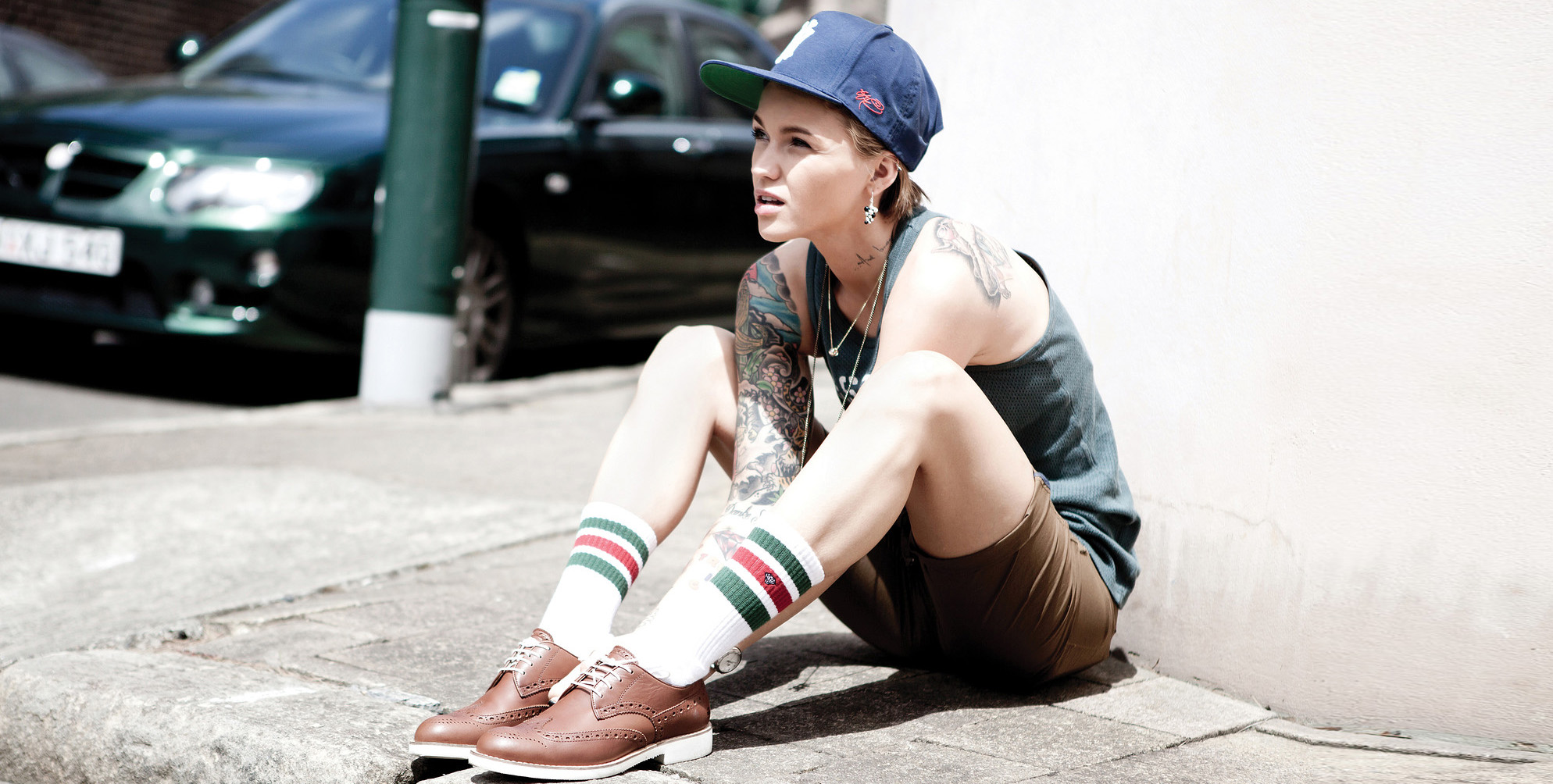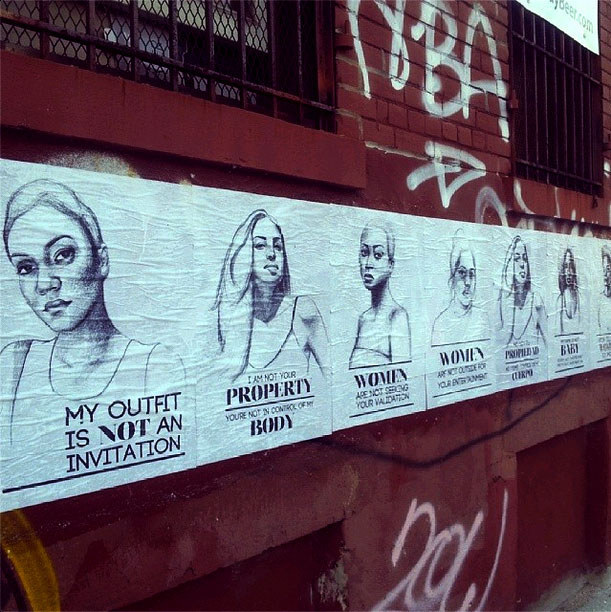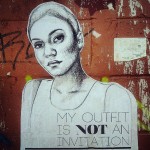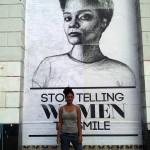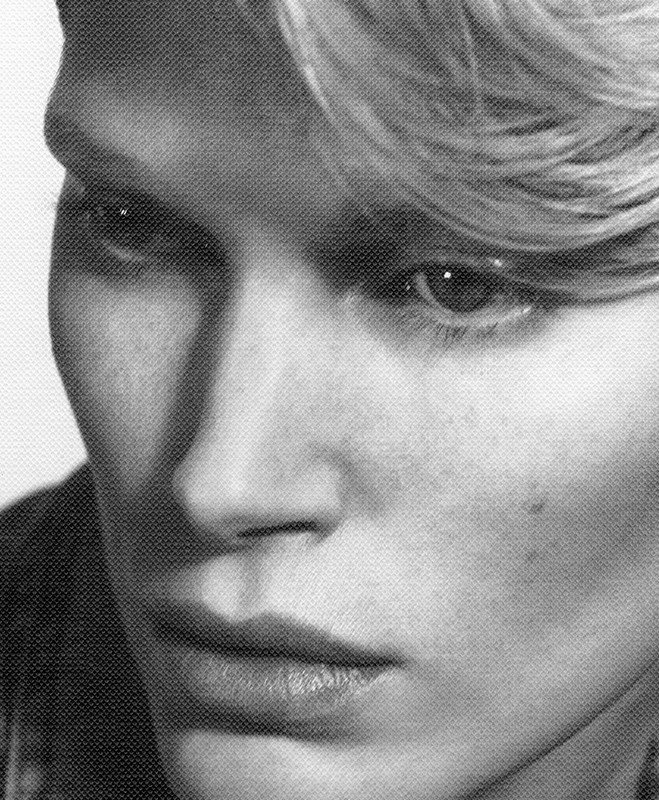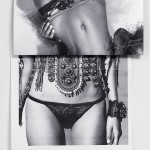[tweet_dis]According to statistics, the average woman makes just 78 cents for every dollar that a man makes[/tweet_dis]. In fact, if you’re a woman of colour the disparity is so much worse. The statistics also show that African American women in full-time employment make just 64 cents to a man’s dollar, while Hispanic women earn a much lower 56 cents.
And why should women earn less because they’re women? In a woman’s lifetime she will lose almost half a million dollars to the wage gap, for no other reason that she identifies as a woman. That figure varies across all professions but the fact is that there’s no valid reason for it.
Attempting to highlight the ridiculousness of it all, comedian Sarah Silverman has taken to YouTube to make a skit about the wage gap. Or, more specifically, she’s going to ‘get a sex change’ (well she will for the duration of the video) in order to get the pay that she’s deserved.
Having teamed up with the National Women’s Law Centre, the aim of the video isn’t just to raise awareness, it’s to try and get people to chip in and donate money to their cause. Silverman and the NWLC say that women are owed $30 trillion and so they’d like to raise that much money, or, failing that, they’ll take what they manage to raise and use it to fund the NWLC’s effort at getting rid of the gender pay gap.
The video, while admirable and important, is somewhat concerning. A person’s genitalia doesn’t dictate their gender! Women with penises are still women if that’s how they identify and vice versa. Furthermore, trans* employees are some of the most discriminated people in the workplace. It’s still legal in many places across the globe for employers to fire people based on this and so to make a video that highlights gender-based discrimination but also manages to be transphobic in the process seems rather ironic if not downright offensive.
Alas you can visit the project’s website to find out more or donate to the cause.


